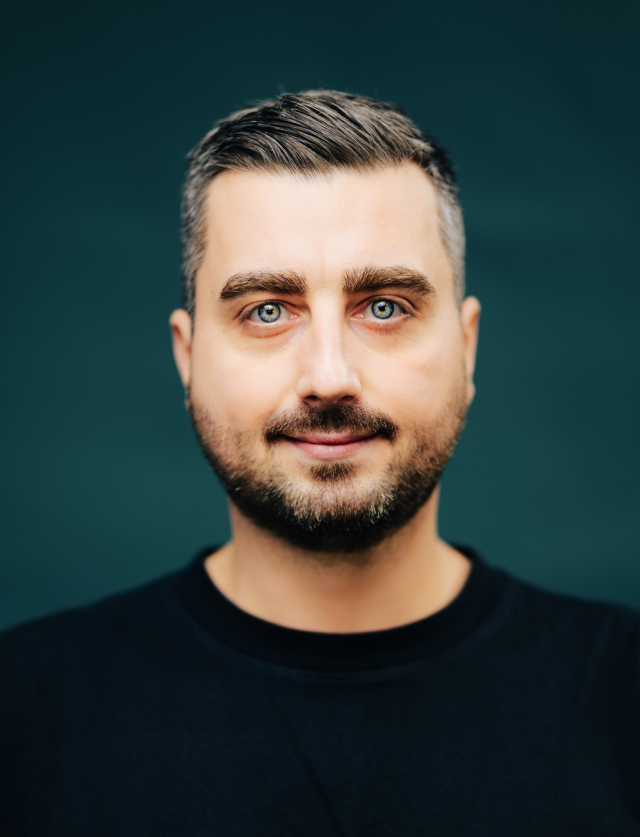Work-Life-Health-Balance at the workplace
Most of us have taken a first-aid course at least once in our lives. Even if this was usually a while ago, we still recall the stable lateral position. We know what a pressure bandage is, we have basic knowledge of mouth-to-mouth resuscitation, and we all know the emergency number: 112.
But what do we do if our colleagues have a panic attack? Or a family member shares suicidal thoughts? How do we recognise depression? We have all heard about burnout, but what is it and how can we help those affected?
The MHFA (provider of first-aid courses in the field of mental health disorders) has answers to our questions:
It all starts by feeling overwhelmed. Topics that affect our mental health are stigmatised and hardly discussed openly. In a general first-aid course, the topic of mental health is barely mentioned or not even addressed. It’s not on the curriculum.
But how are we supposed to know then how to help? How can we detect the symptoms? And how can we overcome this stupid stigma? A first-aid course that only deals with these topics is definitely a great start!
First aid for mental health problems
The “Mental Health First Aid” programme was founded in 2000 in Australia and is now represented in over 26 nations. However, Germany has only been participating since 2018. The MHFA (only available in German) is one of the few programmes that is dedicated to the topic of first aid for mental health disorders at all.
In a total of six modules lasting two hours each, trained psychologists convey and discuss the basic knowledge of different mental health disorders such as depression, suicide, psychosis or substance abuse. Each module contains practical exercises and role-playing games that consolidate the recognition and application of first-aid measures in emerging mental health problems and acute mental crises.
I recently took this course and greatly increased my knowledge of mental health. I learned to pay very different attention to myself and others and to perceive and address warning signals. The practical applications in the course have given me security in my skills to help others and made it clear that it’s time to finally talk about our (mental) health. We can save lives by doing so.
